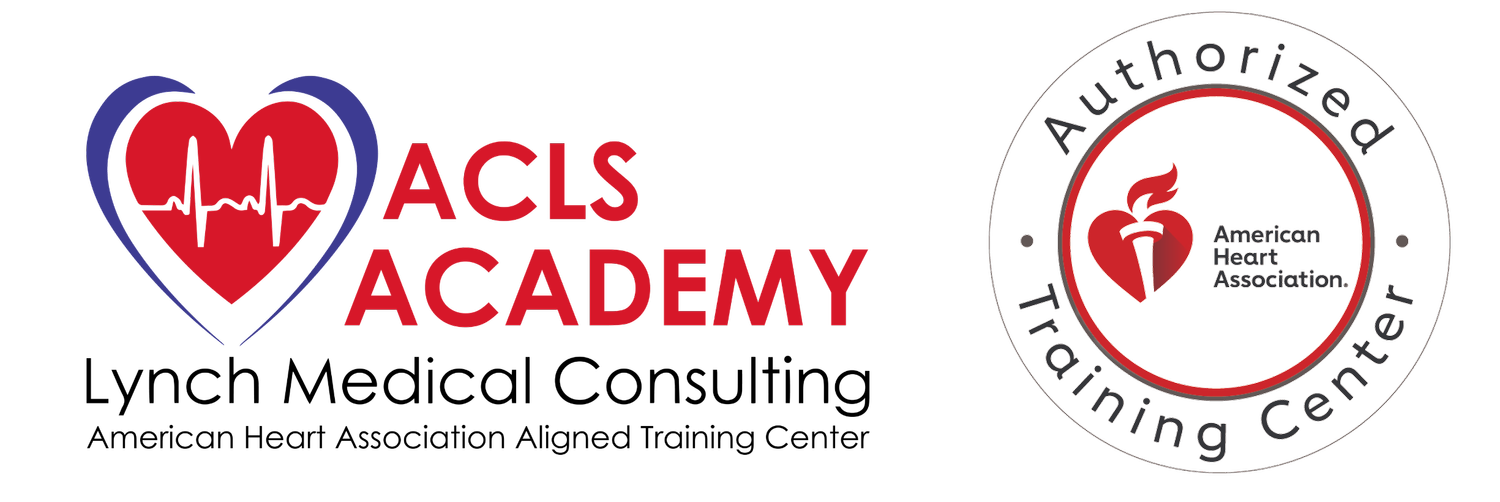Biologically and medically speaking, children are not “little adults.” Therefore, it is essential for physicians and nurses treating children to be knowledgeable and experienced regarding illnesses that are specific to or common in children. When it comes to emergency pediatric patients, this specialty requires not just emergency expertise or pediatric expertise but a combination of the two.
Pediatric emergency nursing is unique because its nurses are exposed to diverse conditions not typically seen in other care areas. The variety of patients and rare conditions encountered makes pediatric emergency nursing a true specialty. Most emergency room cases are related to trauma and injury, which means nurses must be fast on their feet and act quickly to contain life-threatening situations. Even with illness-bound cases, an ER visit would mean the acceleration of a problem that would again need special training to solve immediate issues on the spot. From sore throats and fevers to major trauma and heart attacks, pediatric emergency nurses are well-trained to handle all situations calmly.
While they are mostly posted in the Emergency Rooms of significant hospitals, more and more pediatric emergency nurses are frequently seen in urgent care centers, ambulances, and as part of air medical teams whenever they have serious and urgent child patients to care for. Neonates, infants, toddlers, little children, preteens, and adolescents — all fall under the purview of pediatric nursing, making it quite a vast field than otherwise thought of.
Pediatric emergency nursing involves a family-oriented caregiving atmosphere focusing more on sensitivity and human needs assistance than any other medical care environment. Key features of pediatric emergency nursing include:
Handling multifaceted trauma, injury, or illness cases with equal calm without letting the patients feel the urgency of the situation
Stabilizing patients with focused and wholesome care
Quickly diagnosing conditions and providing on-spot solutions
Administering the proper medications to minimize pain
Keeping up with the fast-paced work environment by constantly upgrading skills and knowledge
Providing comfort and compassionate care when children are at their most vulnerable. Pediatric emergency room nurses know how to put children at ease while healing their bodies.
Taking the time to comfort and educate families on current situations and ongoing health and treatment plans. Being patient and caring for the families who accompany the little patients and working on easing their mental trauma
Most importantly, not giving in to heartbreak and despair when some cases do not see improvement or success. Learning to control emotions and moving on is the key to helping more and more patients in this work environment.
If you are drawn to both pediatrics and emergency room nursing, pediatric emergency room nursing may be the perfect job for you, and an Emergency Nurse Pediatric Course (ENPC) provides the foundational skills needed to make you comfortable handling the myriad of situations that may arise.
ACLS Academy’s ENPC is an 18-hour course designed to provide core-level pediatric knowledge and psychomotor skills needed to care for pediatric patients in the emergency setting. The course presents a systematic assessment model, integrates anatomy, physiology, and pathophysiology, and identifies appropriate interventions. The Emergency Nurse Association’s (ENA) Emergency Nursing Pediatric Course allows participants to strengthen and develop their pediatric emergency nursing skills while expanding their personal growth by collaborating with nurses from various practice settings. ENPC brings together participants from multiple emergency department settings and nurses in other nursing specialties. Course materials include the 5th Edition with added content on dermatologic and environmental emergencies, human trafficking, and food allergies; it will be an excellent resource for you even after completing the course.
Course content covers:
Early patient assessment
Systematic assessment of the pediatric patient
Pediatric pathophysiology
Pediatric triage
Early interventions
Family presence
Pediatric care from birth through the teenage years
The course is taught using a variety of formats, including online modules, live simulations, patient experience videos, and instructor-led classroom discussions and skills stations that encourage participants to integrate their psychomotor abilities into a patient situation in a risk-free setting. Upon successful course completion, you will receive a 4-year, internationally recognized verification as an ENPC provider and earn 18.25 contact hours of CNE.
Ready to take this next step? By taking an ENPC course, you’ll feel more confident in the nursing care that you are giving and take your nursing practice to the next level with continuing certifications that recognize your dedication to your important field. Sign up for an ACLS Academy ENPC course today.

